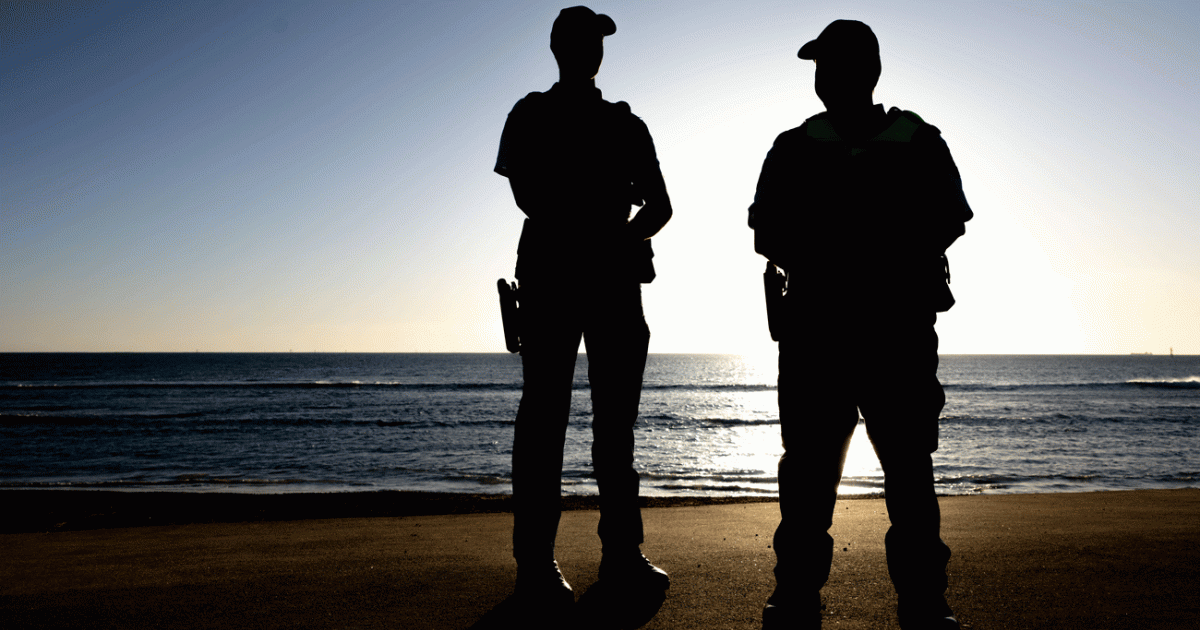“What were you wearing?” Depending on who this is addressed to, the question can be empowering or shaming. When asked of a runway model, it promotes identity and individualism; when asked of victims and survivors of sexual assault, it blames and shames them for being too provocative. To shine a spotlight on the issue, victims and survivors and took centre stage during New York’s Fashion Week this September. Dr Gaya Gamhewage, WHO Director for the Prevention and Response to Sexual Misconduct, was invited to take part and #WalkwithSurvivors.
#WalkwithSurvivors is part of the Survivor Fashion Show produced by Rise, a non-profit organization founded by activist and survivor Amanda Nguyen. This year’s show aimed to “spotlight survivor’s rights and celebrate all those who advocate for survivors worldwide.” For Dr Gamhewage, her participation in the event held deep personal meaning. “I am leading this work at WHO, but I am also a survivor of sexual violence and sexual harassment,” she said. “There is power in acknowledging this, as well as in the solidarity that comes with all of us, victims and survivors, walking together, heads held high, emerging out of the shadows and into the light. It was a unique, emotional and bittersweet moment for me.”
Her fellow models came from all walks of life, including several ground-breaking female astronauts and other strong, accomplished women. The diversity of survivors signals that sexual violence can be experienced by anyone, regardless of who they are, where they live or their background. “There is no single profile for a survivor,” says Dr Gamhewage. “We are all at risk unless we acknowledge the presence of sexual misconduct and address it head on. We have a particular and abiding duty to make all our workplaces safe from sexual misconduct, and to ensure that our personnel are not the preparators.”
Dr Gamhewage’s invitation to walk the runway during New York Fashion week was made in recognition of the efforts WHO has made under the leadership of its Director-General, Dr Tedros Adhanom Ghebreyesus, to shift the Organization to a victim and survivor-centred approach. This approach is one of the four central pillars of WHO’s Three-year strategy for preventing and responding to sexual misconduct (2023–2025).
WHO has already started to institutionalize a victim- and survivor-centred approach by integrating it in its policy work on the prevention and response to sexual misconduct. This means providing an environment where the victim’s and survivor’s needs and agency are central to any action taken on their behalf, and where their voices are heard and incorporated internally into WHO’s policies and practices, but also beyond.
Using a system-wide approach, WHO coordinates efforts with other UN agencies, advocating for victims and survivors alongside leaders like Jane Connors, who is the Victims’ Rights Advocate for the United Nations. Also present at #WalkwithSurvivors, Ms Connors underscored the responsibility of international organizations to ensure that victims and survivors are treated with respect and that “there’s recognition of [their] rights and dignity.” She urged victims “to come forward, to talk and to tell us how we can do things better.”
There remain many obstacles to being able to effectively tackle sexual assault and sexual misconduct. As Rise Founder Amanda Nguyen stated, “there is so much stigma that is put onto survivors after the violence has happened to them.” This blaming and shaming is a fundamental reason why victims and survivors don’t come forward to report incidents. But civil society organizations like Rise and international organizations like WHO and the UN are listening and gaining ground.
With regards to WHO’s ongoing work, Dr Gamhewage approaches tackling sexual misconduct and changing its culture with humility and realism. “WHO is still learning; we are still early in this journey,” she explained. For her, recognizing that the journey is all about people, and that “the most important people we should support are victims and survivors,” is central to progress.
At the end of the #WalkwithSurvivors event, Dr Gamhewage had a message for victims and survivors: “Please speak out; speak when you are ready and know that we are listening.”








